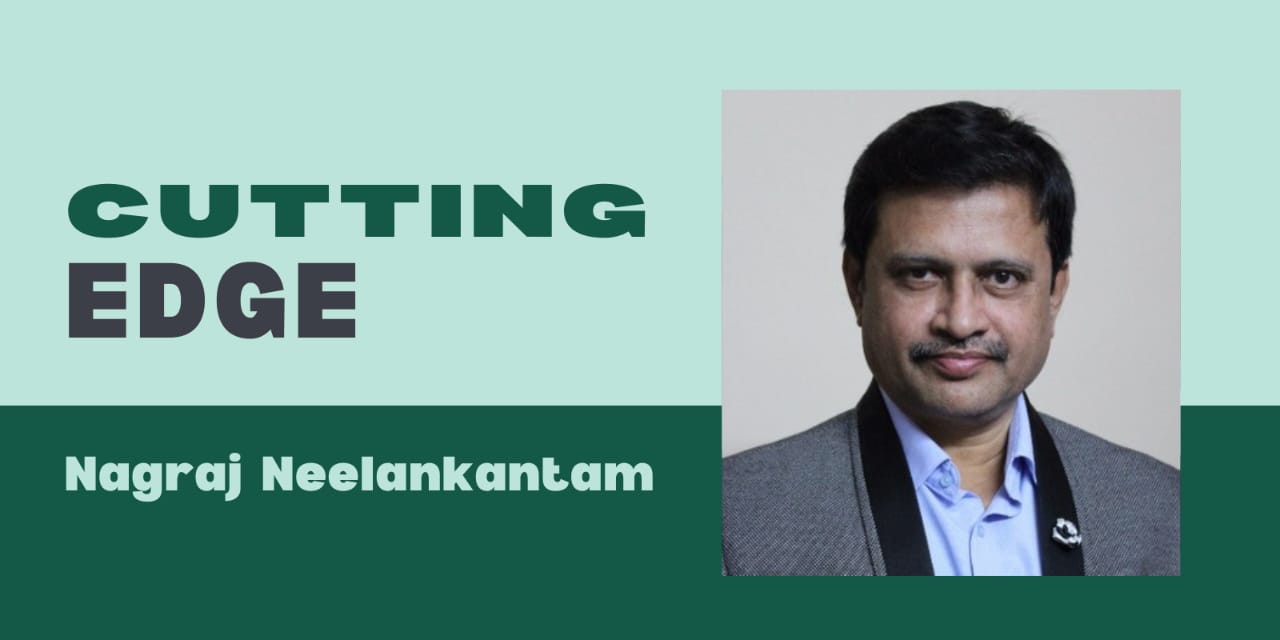India has sent a resounding message to the United States by decisively countering aggressive trade impositions. With its rising global stature, Bharat—under Prime Minister Narendra Modi’s leadership—has demonstrated that it will no longer bow to pressure tactics masquerading as diplomacy.
In response to the United States threatening exorbitant tariffs—reportedly up to 500%—to force open Indian markets, India chose resistance over submission. This confrontation has triggered a strategic realignment of policies aimed at protecting national interests, particularly in sensitive sectors such as agriculture and pharmaceuticals.
The US had demanded the removal of agricultural subsidies and threatened to block Indian imports unless its terms were met. But India held its ground, staunchly defending its farmers and refusing to compromise on the livelihood protections enshrined in its domestic policy framework.
The pharmaceutical sector, too, came under the scanner. US regulatory hurdles and pricing pressure threatened to curtail India’s generic medicine exports. But instead of yielding, India has doubled down, reinforcing regulatory autonomy and accelerating indigenous pharmaceutical innovation.
The Modi government has made it unequivocally clear: partnerships, even with global superpowers, must be rooted in mutual respect and fairness. The response to US trade coercion was not mere retaliation, but a calibrated policy redirection aimed at nurturing Indian industry, resisting monopolistic practices, and asserting economic self-reliance.
Strategic counter-tariffs were introduced, mirroring the US’s aggressive stance but tailored to protect sectors crucial to national development and employment generation. These included measures to shield MSMEs, promote indigenous R&D, and bolster production in sectors like defence, electronics, and healthcare.

In effect, trade pressure from Washington has only served to accelerate the Atmanirbhar Bharat (Self-Reliant India) initiative. The government is expanding support for homegrown innovation, investing in capacity-building, and pushing for technology-driven domestic manufacturing.
Simultaneously, India is reconfiguring its global trade relationships. It is actively pursuing bilateral partnerships with Russia, China, the EU, and African nations, focusing on mutual benefit, affordability, and strategic cooperation in areas like food security and pharmaceuticals.
This evolving trade strategy signals a shift in Indian diplomacy—from reactive compliance to proactive confidence. India is no longer willing to accept lopsided deals that jeopardize domestic welfare. It is building bridges with the world, but doing so with a firm spine.
India’s pharmaceutical sector, in particular, is witnessing renewed momentum. With rising investments in biotech and generic drug development, and as US drug prices remain volatile, several countries are turning to India as a reliable provider of affordable, high-quality medicines. India is emerging not just as a production hub but as a moral voice for global healthcare equity.
Unlike earlier decades, when India was seen as a soft negotiator, the Modi government has taken concrete steps to defend the economy through targeted tariffs, smarter customs enforcement, and trade diversification. India has made it clear: respectful dialogue is a prerequisite for any sustainable trade partnership.
Multinational corporations from the US are reportedly re-evaluating their investment strategies in light of India’s new assertiveness. But this has not deterred the Modi government. Rather, it views this as an opportunity to attract investors who share India’s long-term vision—those who value ethical trade, sustainability, and local capacity-building.
India’s bold response is not an act of defiance alone—it’s a redefinition of global engagement. One where national dignity, strategic interests, and diplomacy go hand-in-hand.
This is not merely a political stance. It is Bharat’s confident declaration: that it will engage with the world on its terms, as an equal, not as a subordinate. With diplomatic agility and economic resolve, India has not just pushed back against American pressure—it has rewritten the rules of global trade diplomacy for emerging powers.





